The structure is actually even more complicated than that. At least two of the stories are presented at a double remove, with the writers talking about their writing. The flashbacks to Rosenthaler unfold from the perspective of the French Dispatch writer J.K.L. Berenson (Tilda Swinton) as she delivers a lecture. Wright’s Wright tells his story from the set of a 1970s TV talk show (Liev Schreiber plays the host).
Anderson, who wrote the script with Roman Coppola, Hugo Guinness, and Jason Schwartzman, keeps everything coherent, but the storytelling is unwieldy, and he has trouble sustaining the much-needed madcap energy while shuffling through so many overlapping conceits. It’s not the first Anderson film that seems to have dozens of ideas per minute, but it might be the first in which he seems to have more ideas than he knows what to do with. It’s jarring when the movie makes its final return to Murray and the magazine bureau, where a whole group of characters we’ve barely gotten to meet is waiting.
Speaking of having too many ideas, Oliver Stone’s documentary “JFK Revisited: Through the Looking Glass” played today in the festival’s newest section, which is called Cannes Première. Introducing the movie, Stone said that the documentary was an attempt to share some of the things that we’ve learned about the Kennedy assassination since the release of “JFK” 30 years ago, citing in particular the work of the Assassinations Record Review Board that convened in the mid-1990s.
Mostly, though, the movie plays like an attempt to reiterate and bolster arguments from “JFK”—a great film, but not exactly a trustworthy one on the substance itself. As Roger Ebert argued, the power of “JFK” is that it captures the national mood about the Kennedy assassination: the feeling that there’s still much that the public does not know. But cramming multiple lines of conjecture into a three-hour thriller is one thing; tossing out assorted ideas about conspiracies in a fast-paced documentary is another. I kept wanting to pause the movie, which is filled with historians and authors of various levels of credibility, to fact-check what I was hearing.
But if a pattern emerges, it’s that the arguments in Stone’s film almost always start by assuming the most paranoid possible interpretation of events, then work their way backward to the evidence. For instance, the movie makes much of the fact that Kennedy’s brain was listed after his death as weighing 1500 grams, larger than average, even though the bullet would have removed some of its mass. But of course some brains are larger than average; that’s inherent in the definition of “average.” It does not mean the brain shown in autopsy photos was a replacement brain taken from a teaching hospital, a possibility the film tries to raise.
You can view the original article HERE.


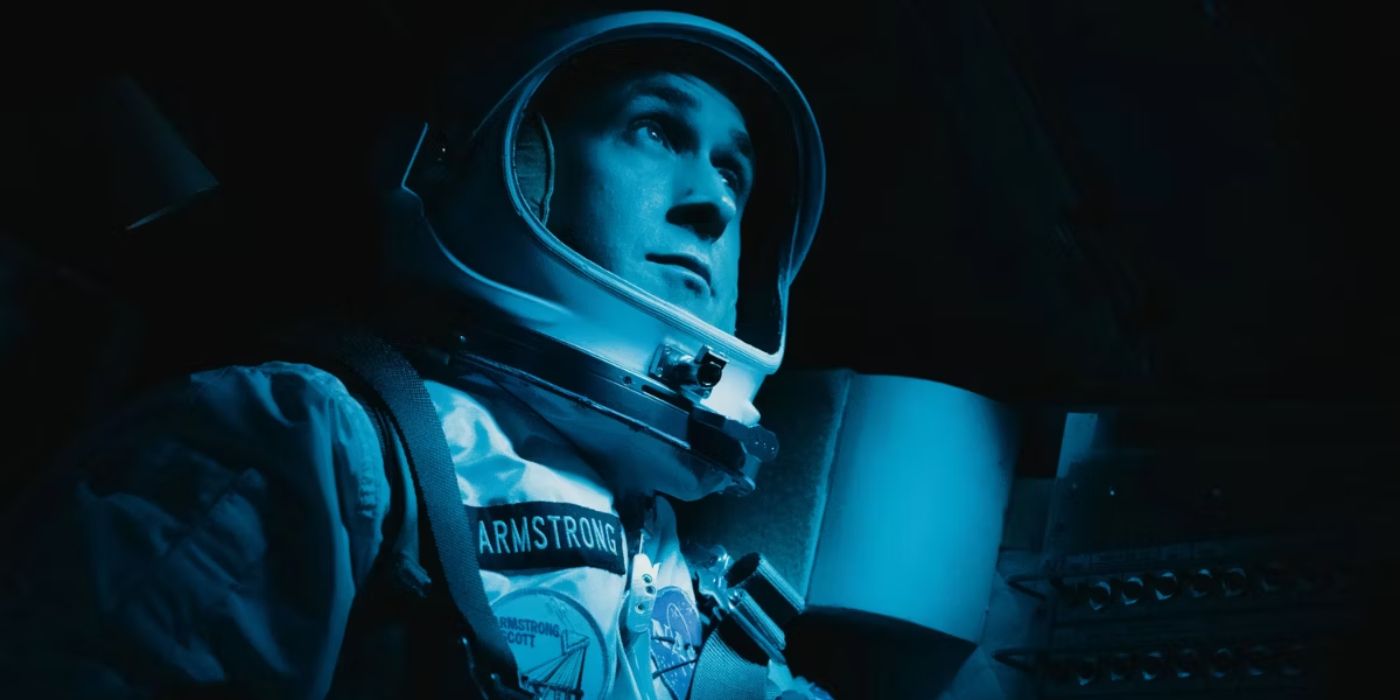
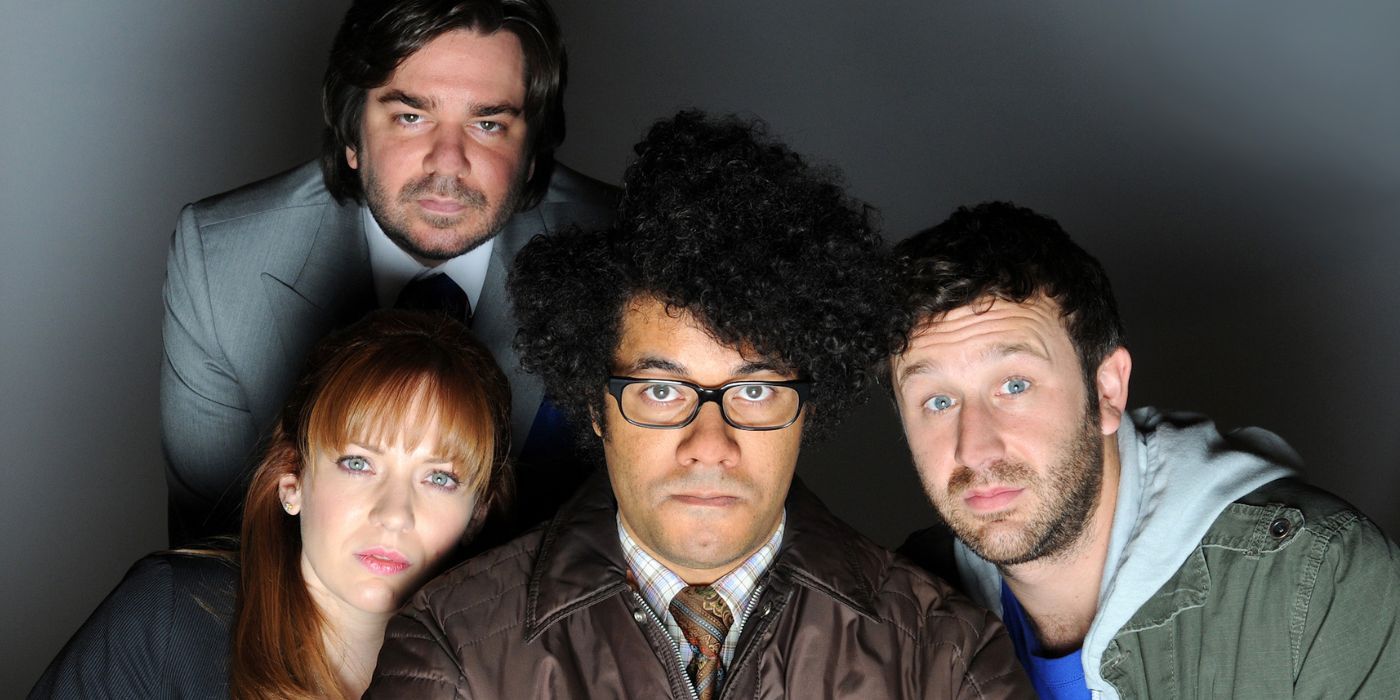


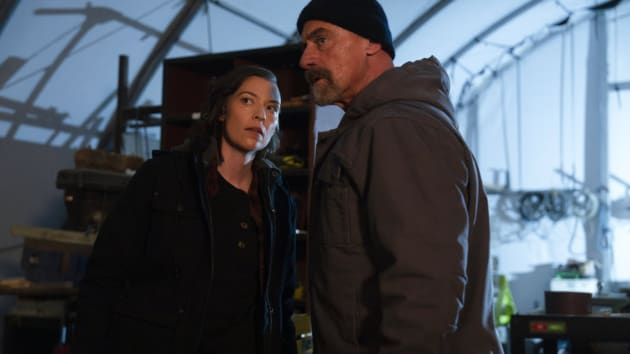

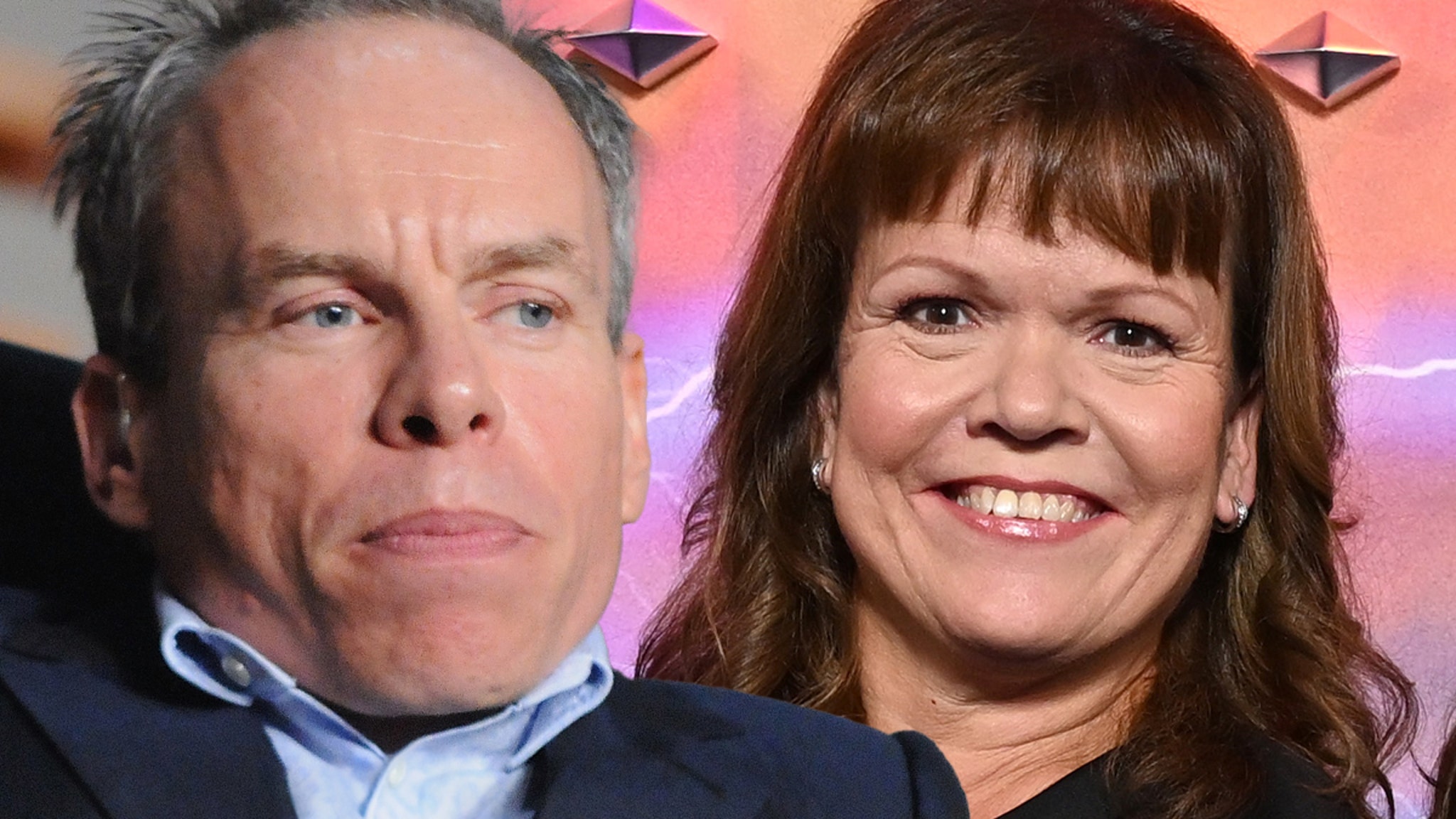
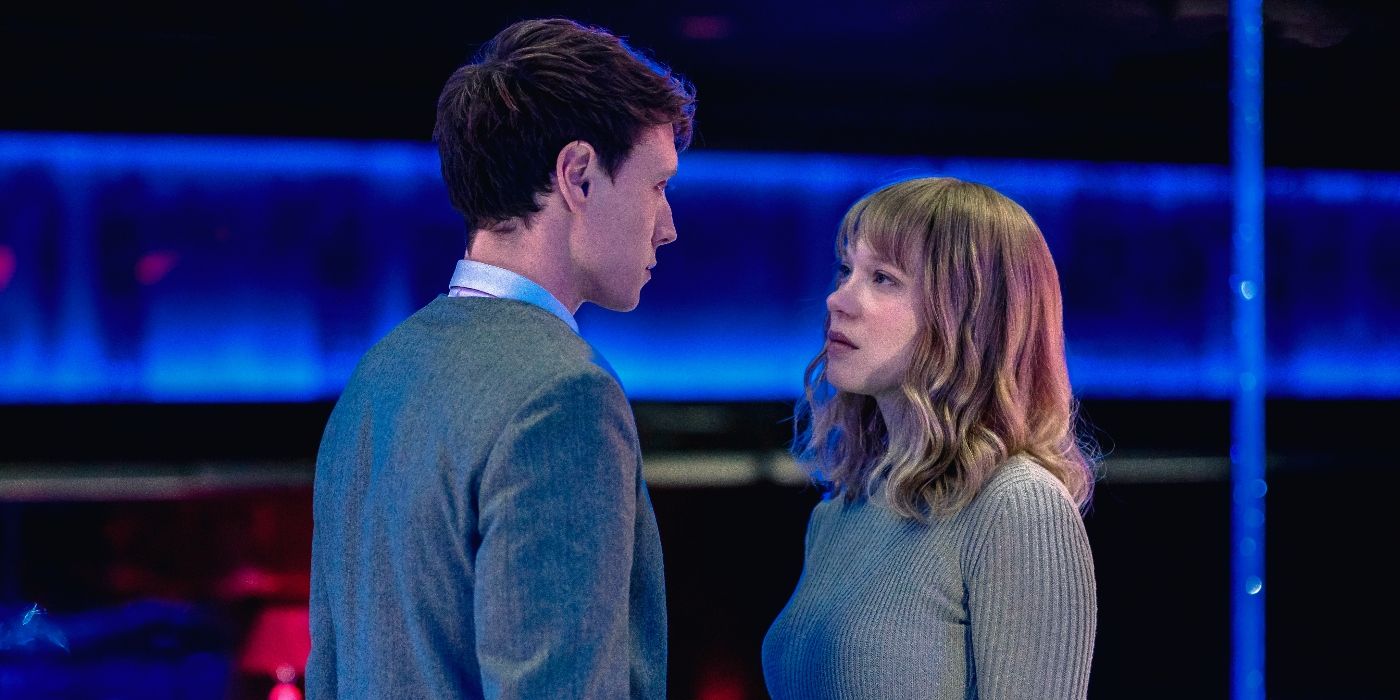
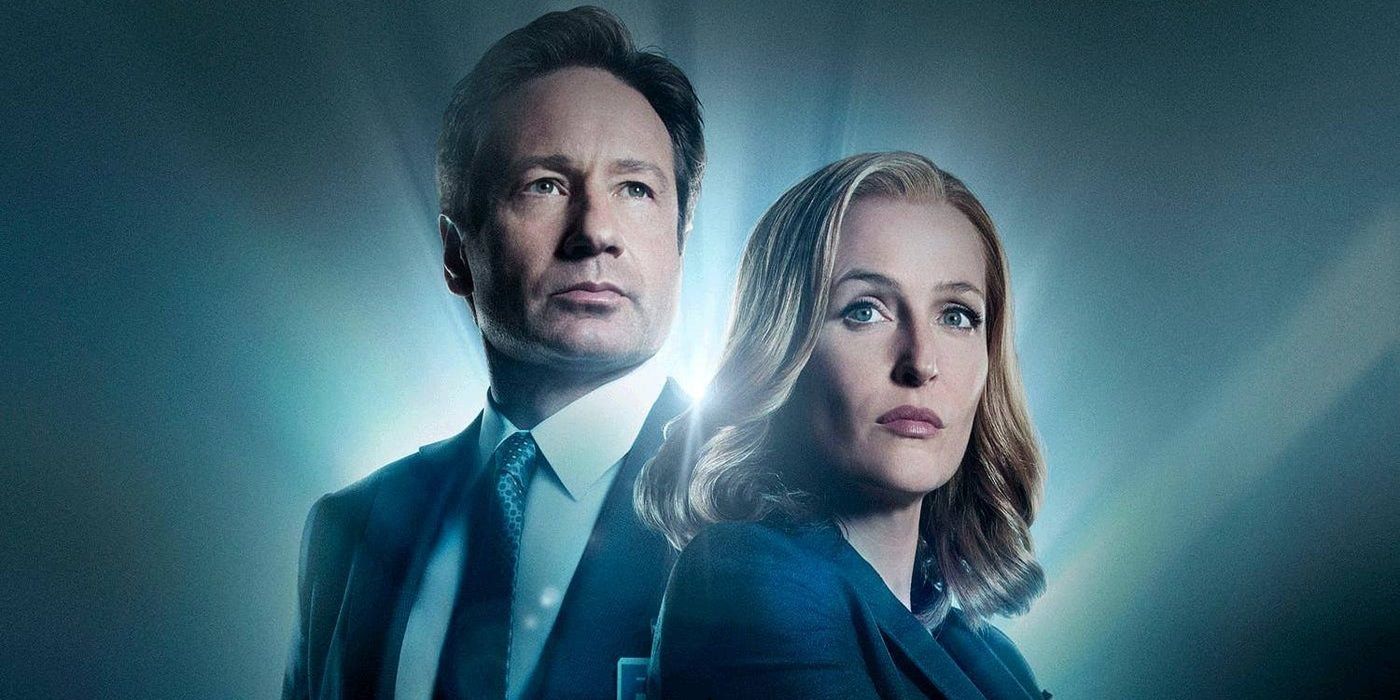

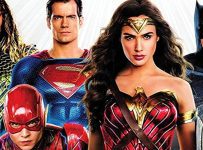
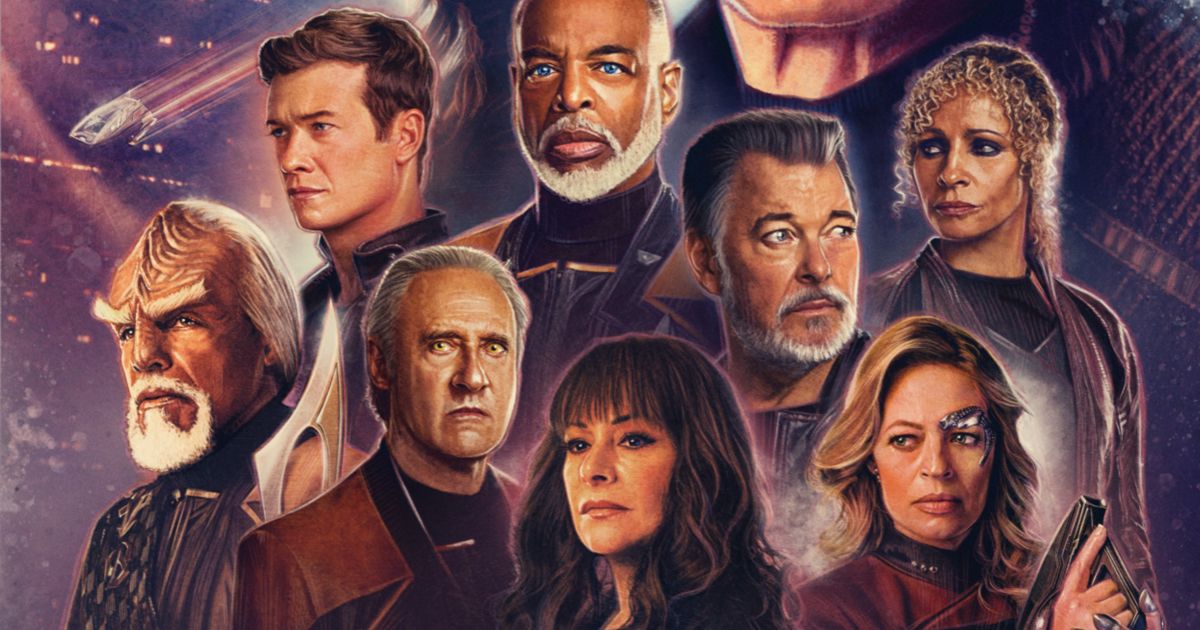

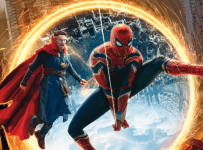




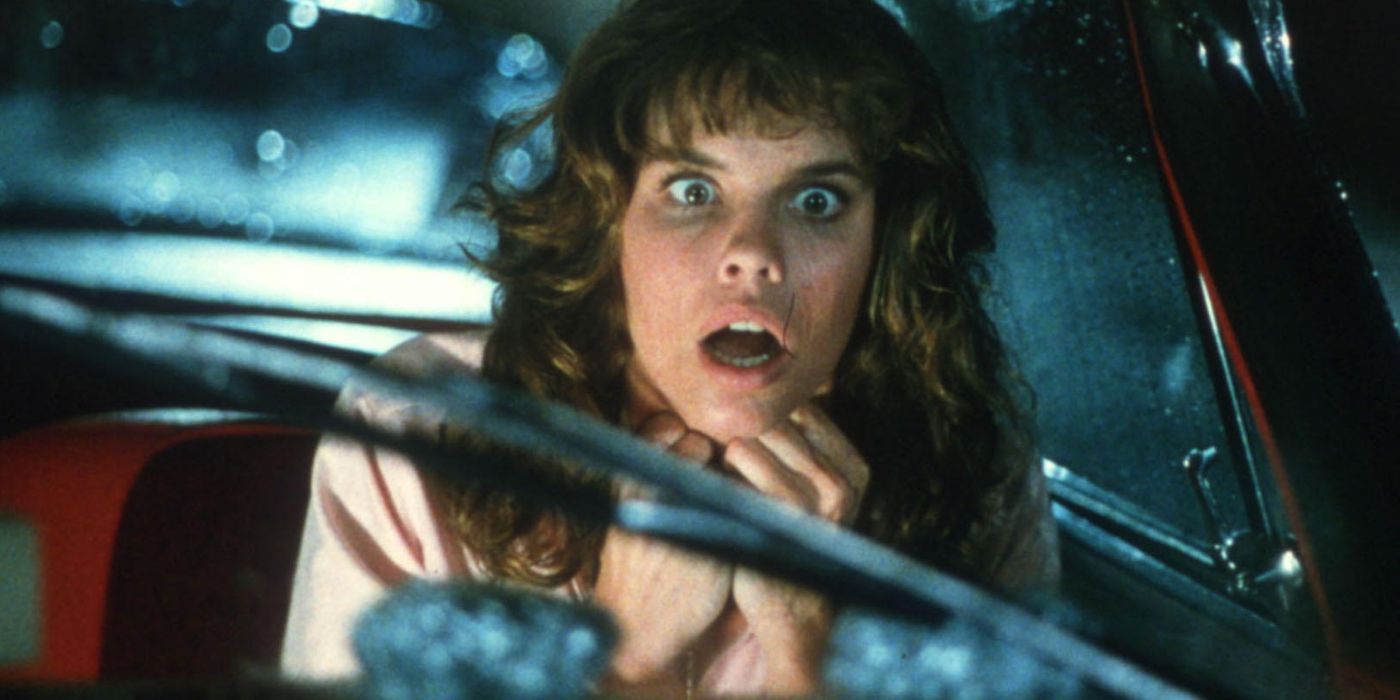
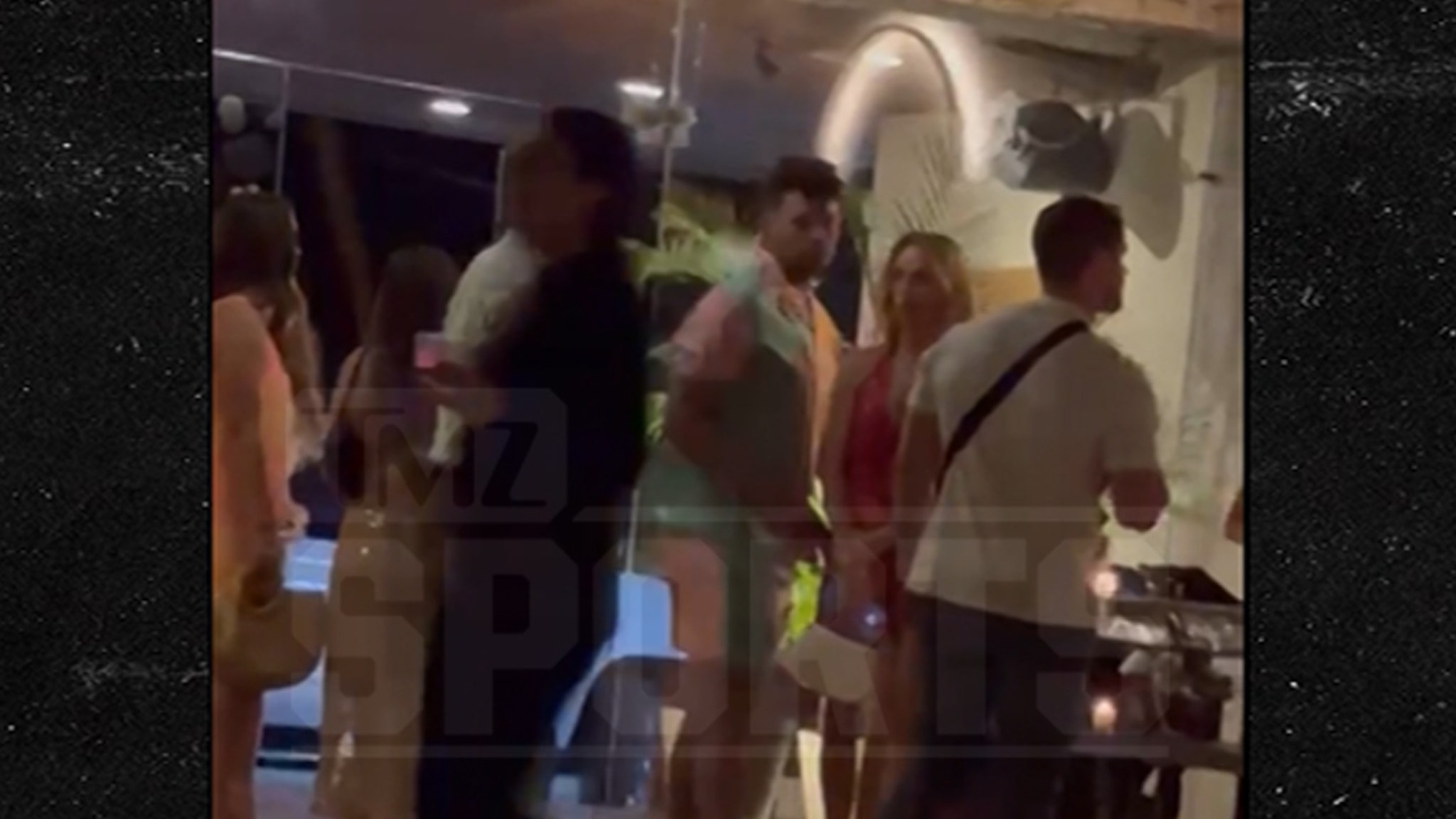
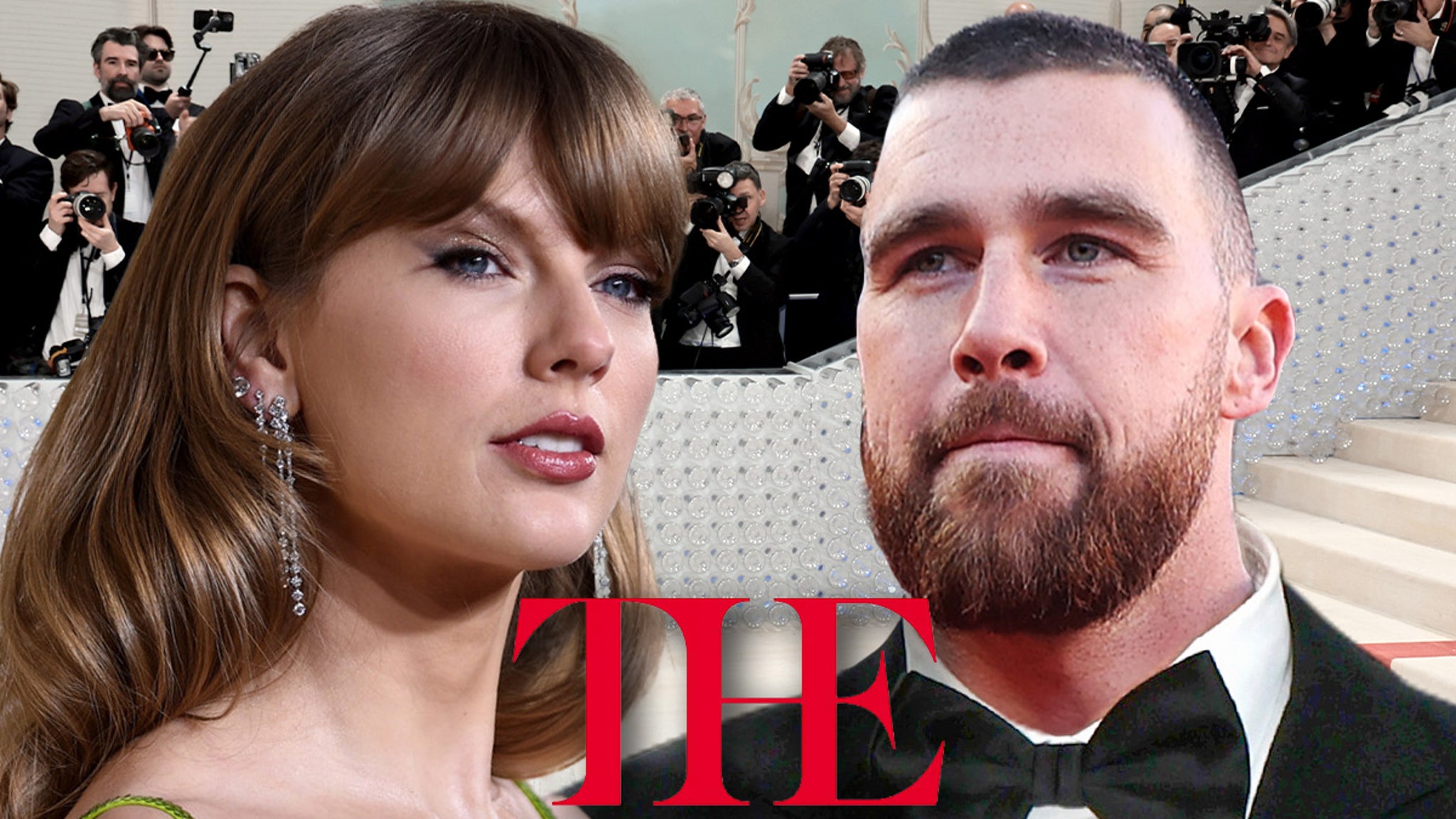

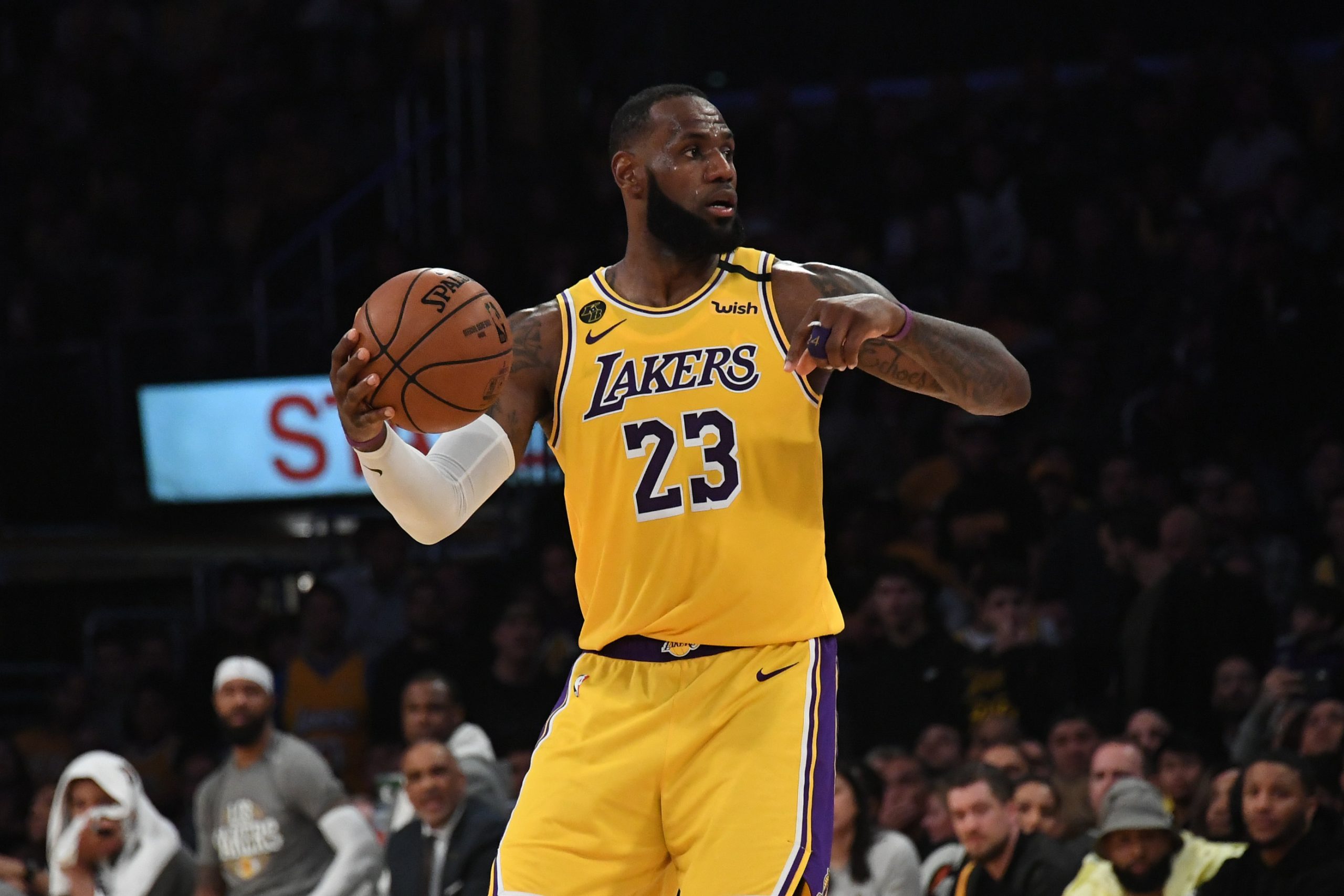
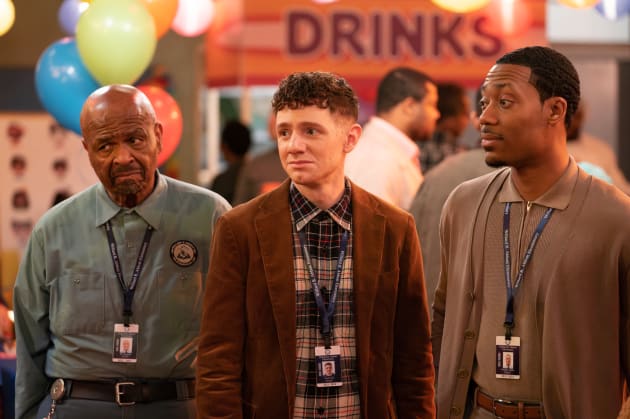
:quality(85):upscale()/2024/04/19/804/n/1922564/4d7e6f236622b55e77c414.64981311_.jpg)

:quality(85):upscale()/2024/04/17/850/n/1922564/beb2b9e3662021fd3d3e45.26287469_.jpg)
